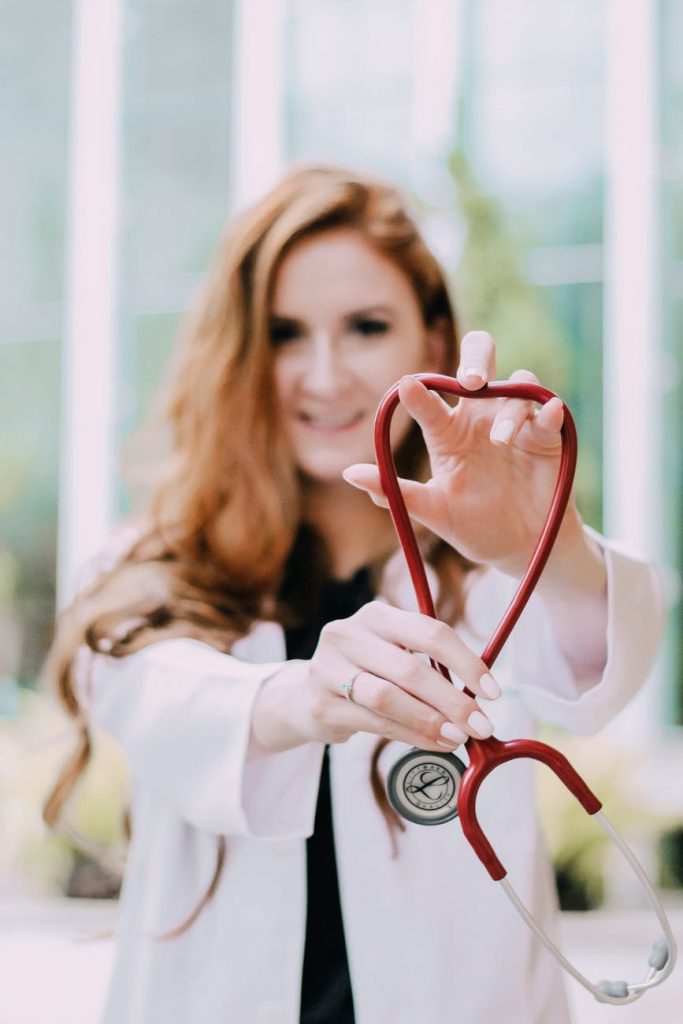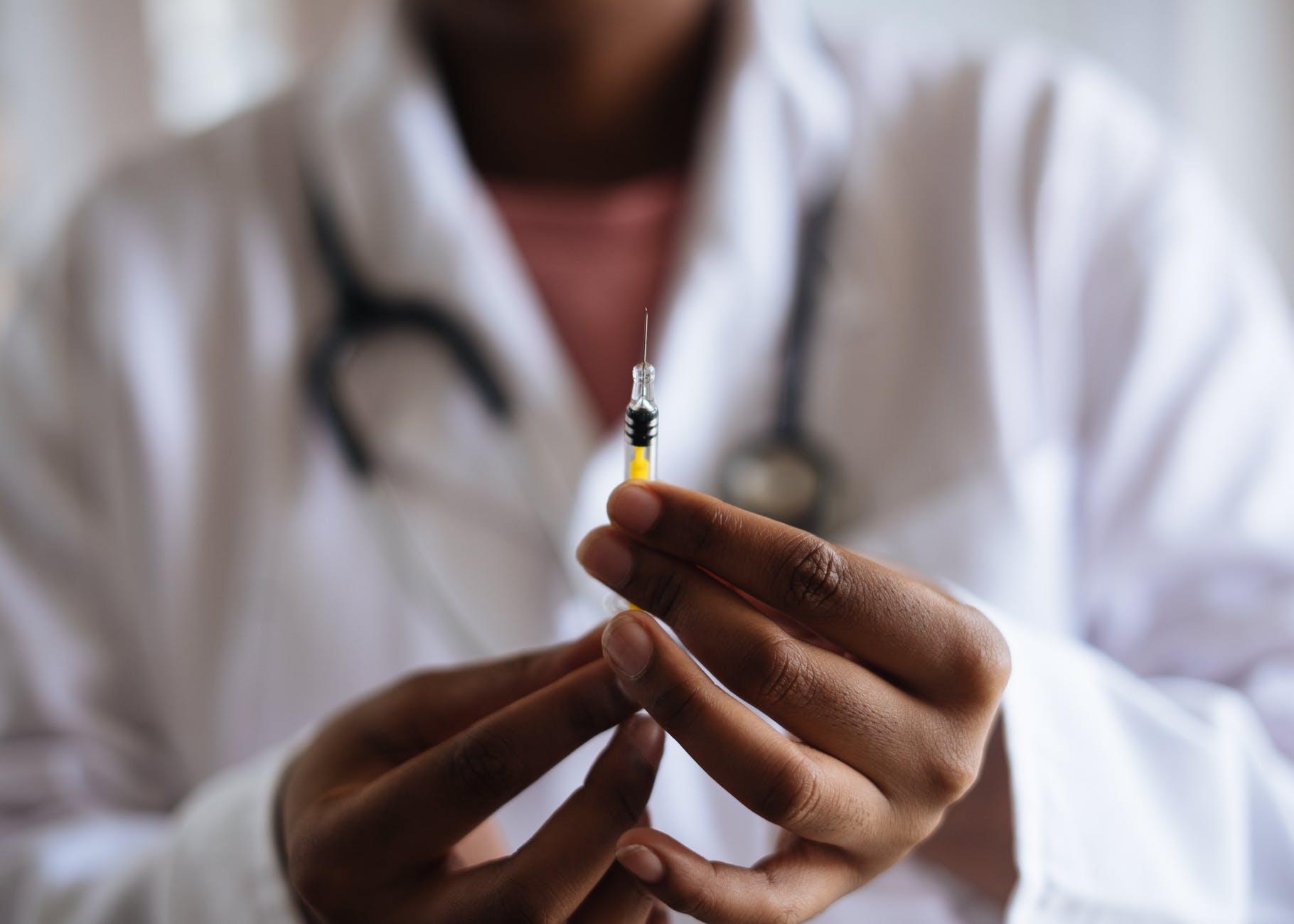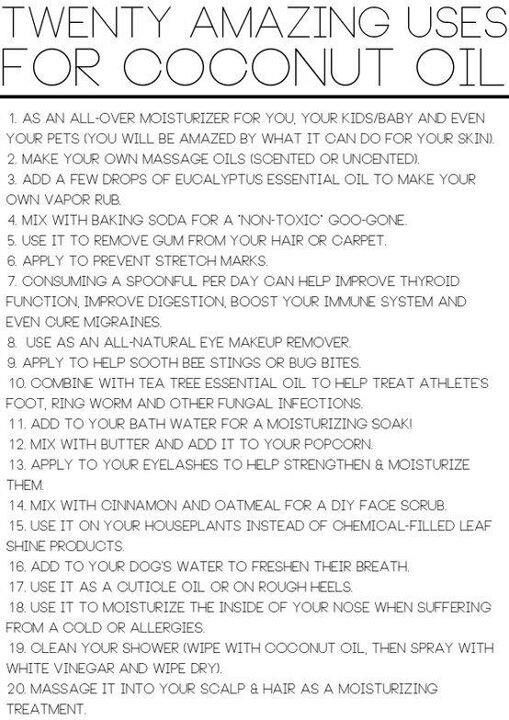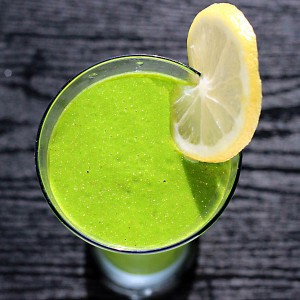5 Things You Need to Know about Medical Treatment in Dubai

The UAE healthcare has come a long way, and it is now one of the key contributors to the country’s economy. The healthcare sector continues to grow, and it now offers specialized care to residents, expats, and tourists. The UAE’s standards of healthcare and health infrastructure are high. There are many modern and fully-equipped health facilities with qualified medical personnel.
Most infectious diseases like poliomyelitis, measles, and malaria, which were prevalent in the UAE, were eliminated and are no longer a threat. Due to increase in access to healthcare, life expectancy in the UAE has risen. Healthcare in the UAE is mainly funded by the government.
Contents
Understanding Health Infrastructure
Sometimes, it can be confusing to understand terms used in describing health infrastructure. For instance, a general hospital refers to a health facility that provides different services for patients regardless of their ages or conditions.
A specialized hospital admits patients suffering from a specific affliction or disease. This hospital can also be reserved for diagnosis and treatment of conditions affecting a particular age-group. A first-level referral hospital is responsible for a defined geographical location with a defined population. A primary healthcare center includes services provided by dentists, general practitioners, midwives, pharmacists, etc.
Medical Treatment in Dubai

Dubai is one of the leaders when it comes to medical treatment in the world. The list below contains 5 things you ought to know about medical treatment in Dubai;
1. Health Facilities
Hospitals in Dubai have the best medicine and care; that is why it is also known as a medical tourist destination. There are both public hospitals and private clinics in Dubai. The presence of a friendly culture, modern technology, and proper patient care makes Dubai one of the best cities to receive medical treatment.
Dubai has one of the best public healthcare systems in the world. The Dubai Health Authority controls the health sector in Dubai. There are many private hospitals with different nationalities who speak various languages.
2. Medical Cards
The Dubai government offers health cards to provide low-cost medical services in government based hospitals. It is easy to apply for a health card; you need to collect the application form at any public hospital, then type it in Arabic and submit to the hospital. You also require Visa and passport copy, Emirates ID, 2 passport size photos, and a letter from your employer with a request.
3. Health Insurance
The law requires every resident in Dubai to have medical cover. Employers are required to provide medical insurance for their workers. Citizens in the Emirates of Dubai can also access Saada, which is health insurance for citizens who do not benefit from any governmental health program. This program provides treatment through a broad network of medical practitioners in DHA health centers and the private sector.
Government employees and their families receive treatment for almost all types of conditions, both acute and chronic. The Government of Dubai Employee Healthcare Benefits Scheme also covers preventative treatment and routine check-ups.
4. Medicines
It is easy to access prescription or over-the-counter medication from any certified pharmacy in Dubai. However, the UAE is signatory to a number of international conventions concerning narcotic and psychotropic substances.
This involves applying internal standards to ensure that psychotropic and narcotics substances are not freely available to people. Psychotropic substances and narcotics are only made available for scientific and medical purposes. The convention also aims to prevent the diversion of these substances into illicit channels and to do away with drug abuse and trafficking.
Controlled drugs are those that can lead to addiction when not used responsibly and can be abused. Psychotropic and narcotic drugs are controlled. These medicines are administered to patients with acute and chronic conditions according to modern medical practice. A doctor is most likely to administer these drugs to an in-patient in a clinic in Dubai.
5. Doctors
Many doctors in the UAE have training from India, Europe, the USA, and Egypt. However, the UAE has strict laws that ensure that each doctor is qualified before being allowed to practice in the country.
Most doctors are experts in particular fields. There are various types of practitioners in Dubai; for instance, allergists who treat immune system disorders like eczema, asthma, food allergies, and insect sting allergies. Anesthesiologists give drugs to numb you during surgery or when in pain. Cardiologists are trained to deal with heart and blood vessels. They treat high blood pressure, heart attack and failure, and irregular heartbeat.
If you have problems with your colon, small intestine, or bottom, you should see a colon and rectal surgeon. This specialist deals with inflammatory bowel disease, colon cancer, and hemorrhoids. There are many specialists in Dubai.
There is no doubt that Dubai is a leader in medical treatment. The availability of modern facilities, qualified personnel, and government support all contribute towards the growth of the healthcare sector.








